Home>Gardening & Outdoor>Landscaping Ideas>What Kind Of Grass Can Rabbits Eat
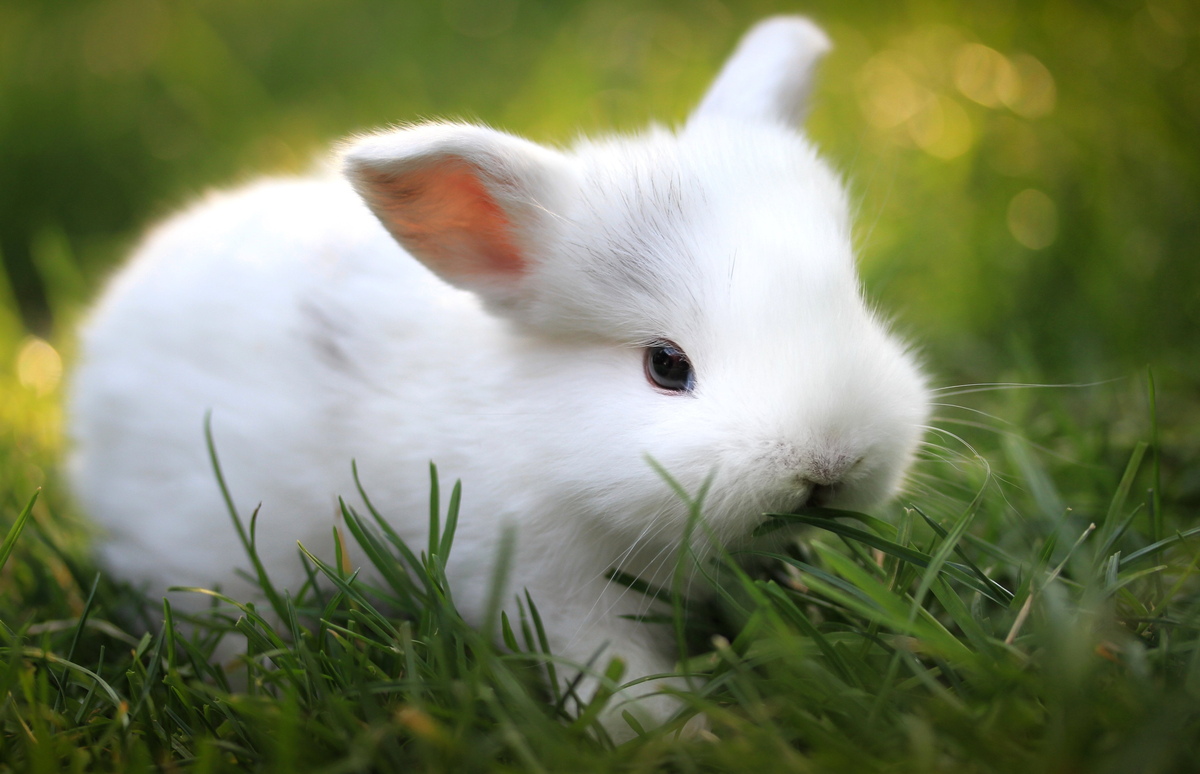

Landscaping Ideas
What Kind Of Grass Can Rabbits Eat
Published: January 27, 2024
Discover the best landscaping ideas for creating a rabbit-friendly yard. Find out what kind of grass rabbits can safely eat and how to incorporate it into your landscaping.
(Many of the links in this article redirect to a specific reviewed product. Your purchase of these products through affiliate links helps to generate commission for Storables.com, at no extra cost. Learn more)
Introduction
When it comes to caring for pet rabbits, providing a well-balanced diet is essential for their health and well-being. While hay is a staple in a rabbit’s diet, fresh grass can also be a nutritious and enjoyable addition to their meals. However, not all types of grass are safe for rabbits to consume. It’s important for rabbit owners to be aware of which grasses are suitable for their furry friends and the nutritional benefits they offer. In this article, we will explore the types of grass that rabbits can safely eat, the nutritional benefits of grass for rabbits, and the precautions to keep in mind when incorporating grass into a rabbit’s diet.
Key Takeaways:
- Safe grass varieties for rabbits include Timothy grass, meadow hay, orchard grass, brome grass, and fescue grass. These options offer essential nutrients, promote dental health, and encourage natural foraging behaviors.
- When feeding grass to rabbits, prioritize quality and safety, introduce new varieties gradually, and monitor their response. Take precautions to avoid overfeeding, supervise outdoor grazing, and be mindful of potential contaminants.
Read more: When Can Baby Rabbits Eat Grass
Types of Grass Safe for Rabbits
When considering which types of grass are safe for rabbits to consume, it’s important to prioritize varieties that are free from pesticides and other harmful chemicals. Additionally, the grass should be sourced from areas that are not contaminated by pollutants such as vehicle exhaust or toxic plants.
1. Timothy Grass: Timothy hay is a popular choice for rabbit owners due to its high fiber content and low calcium and protein levels. This grass is gentle on a rabbit’s digestive system and helps maintain healthy dental function due to its coarse texture.
2. Meadow Hay: Meadow hay, derived from various grasses and herbs found in natural meadows, is another safe option for rabbits. It provides a diverse range of nutrients and textures, promoting dental wear and a healthy digestive tract.
3. Orchard Grass: Orchard grass is a favorite among rabbits and is often used as an alternative to Timothy hay. It is rich in fiber and supports digestive health while encouraging natural foraging behaviors.
4. Brome Grass: Brome grass is known for its palatability and nutritional value for rabbits. It offers a good balance of fiber and protein, contributing to overall digestive well-being.
5. Fescue Grass: Fescue grass, when harvested at the appropriate stage of growth, can be a suitable addition to a rabbit’s diet. It is important to ensure that the fescue grass is free from endophyte fungus, which can be harmful to rabbits.
It’s crucial to introduce new types of grass gradually into a rabbit’s diet to monitor their tolerance and preferences. Providing a variety of grasses can keep rabbits engaged and ensure they receive a broad spectrum of nutrients.
Nutritional Benefits of Grass for Rabbits
Grass plays a crucial role in meeting the nutritional needs of rabbits, offering a range of essential nutrients that contribute to their overall health. Here are the key nutritional benefits of incorporating grass into a rabbit’s diet:
- Fiber: Grass is rich in fiber, which is vital for maintaining healthy digestion in rabbits. High-fiber diets help prevent gastrointestinal stasis, a common condition in rabbits characterized by a slowdown of the digestive system.
- Essential Nutrients: Grass provides rabbits with essential nutrients, including vitamins and minerals such as vitamin A, vitamin E, and calcium. These nutrients support various bodily functions, including immune function, vision, and bone health.
- Dental Health: The act of chewing on grass and hay promotes natural wear of a rabbit’s continuously growing teeth. This helps prevent dental issues such as overgrowth, malocclusion, and related health problems.
- Hydration: Fresh grass contains a high water content, contributing to a rabbit’s overall hydration. This is particularly beneficial for rabbits that may be reluctant to drink from water bottles or bowls.
- Enrichment and Foraging: Grazing on grass provides mental stimulation and encourages natural foraging behaviors in rabbits. This enrichment contributes to their overall well-being and helps alleviate boredom.
By incorporating a variety of safe grasses into a rabbit’s diet, owners can ensure that their pets receive a well-rounded nutritional intake, promoting optimal health and vitality.
Rabbits can eat a variety of grasses, including timothy, brome, and oat grass. Avoid toxic grasses like ryegrass and fescue. Always introduce new grasses slowly to prevent digestive issues.
Precautions When Feeding Grass to Rabbits
While grass can be a valuable addition to a rabbit’s diet, it’s essential to take certain precautions to ensure the safety and well-being of these small herbivores. Here are some important considerations when feeding grass to rabbits:
- Quality and Safety: Ensure that the grass is free from pesticides, herbicides, and other harmful chemicals. It should be sourced from areas that are not exposed to pollutants or toxic substances.
- Introduction of New Grasses: When introducing a new type of grass to a rabbit, do so gradually to allow their digestive system to adjust. Monitor their response and watch for any signs of digestive upset.
- Harvesting Practices: If harvesting grass from your yard or a natural environment, be mindful of potential contaminants such as fertilizers, pesticides, or toxic plants. Opt for organic, untreated grass whenever possible.
- Endophyte-Free Grass: Certain grasses, such as fescue, can harbor endophyte fungus, which is harmful to rabbits. Ensure that any fescue grass provided to rabbits is free from this fungus.
- Overfeeding: While grass is an important part of a rabbit’s diet, overfeeding can lead to digestive issues. Monitor the amount of grass offered and ensure it complements a balanced diet that includes hay, fresh vegetables, and a limited amount of pellets.
- Wild Grasses: Avoid feeding rabbits grass from unknown or potentially contaminated areas, as it may expose them to harmful substances or parasites.
- Supervision: When allowing rabbits to graze on fresh grass outdoors, supervise them to prevent access to toxic plants, sharp objects, or areas treated with chemicals.
By being mindful of these precautions, rabbit owners can safely incorporate grass into their pets’ diets, providing them with a diverse and enriching nutritional experience while minimizing potential risks to their health.
Conclusion
In conclusion, grass can be a valuable and nutritious component of a rabbit’s diet, offering a range of essential nutrients, promoting dental health, and providing mental stimulation through natural foraging behaviors. By prioritizing safe and high-quality grass varieties such as Timothy grass, meadow hay, orchard grass, brome grass, and fescue grass, rabbit owners can ensure that their pets receive a well-rounded nutritional intake.
When incorporating grass into a rabbit’s diet, it’s crucial to prioritize the quality and safety of the grass, gradually introduce new varieties, and monitor the rabbits’ response to ensure their digestive well-being. Additionally, taking precautions such as avoiding overfeeding, supervising outdoor grazing, and being mindful of potential contaminants can help safeguard the health of pet rabbits.
Ultimately, by providing a balanced diet that includes a variety of safe grasses, high-quality hay, fresh vegetables, and a limited amount of pellets, rabbit owners can contribute to the overall health, vitality, and well-being of their furry companions. The inclusion of grass in a rabbit’s diet not only supports their physical health but also enriches their daily lives by encouraging natural behaviors and providing mental stimulation.
With proper care and attention to dietary considerations, rabbits can thrive on a diet that includes safe and nutritious grass varieties, enhancing their overall quality of life and strengthening the bond between rabbits and their devoted owners.
Frequently Asked Questions about What Kind Of Grass Can Rabbits Eat
Was this page helpful?
At Storables.com, we guarantee accurate and reliable information. Our content, validated by Expert Board Contributors, is crafted following stringent Editorial Policies. We're committed to providing you with well-researched, expert-backed insights for all your informational needs.
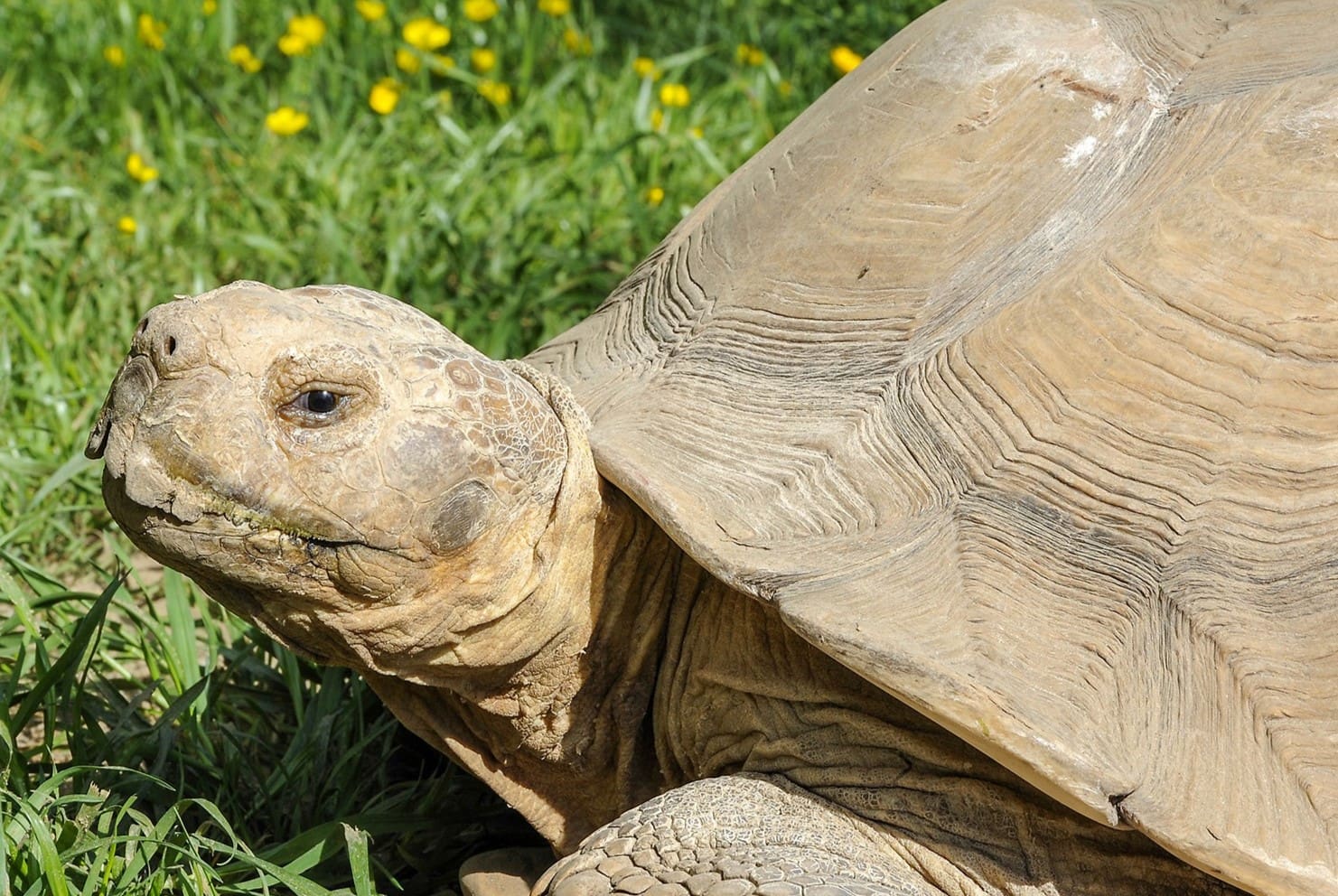
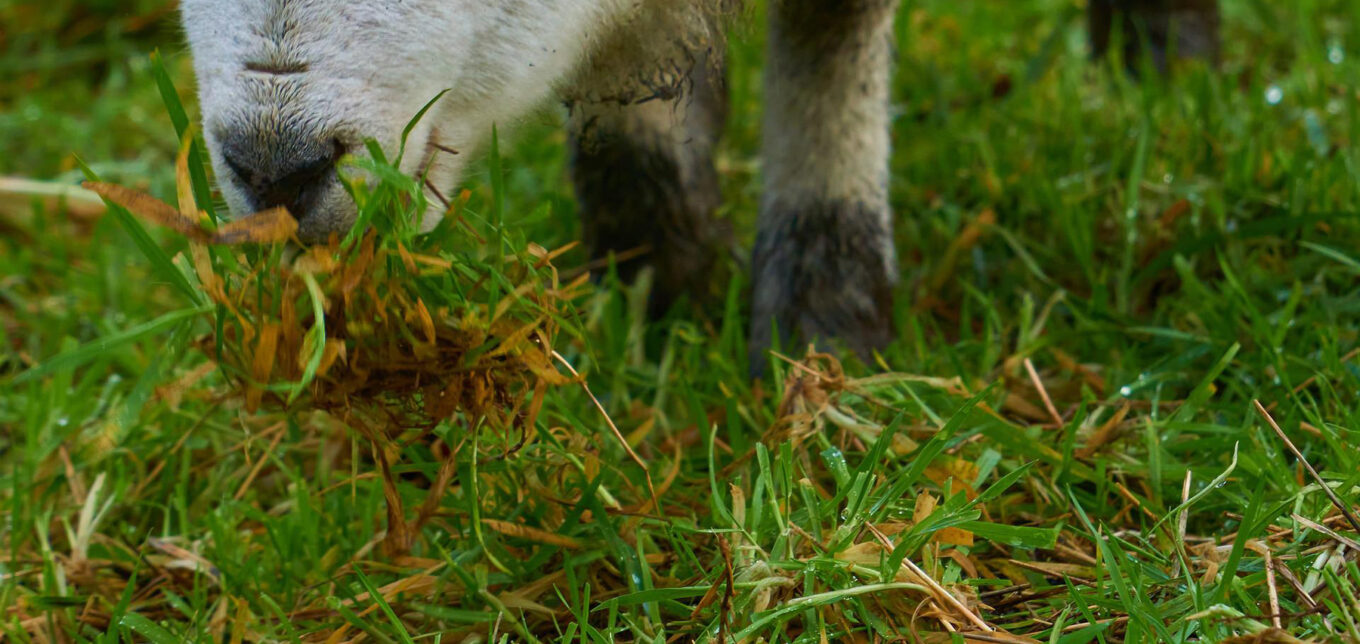
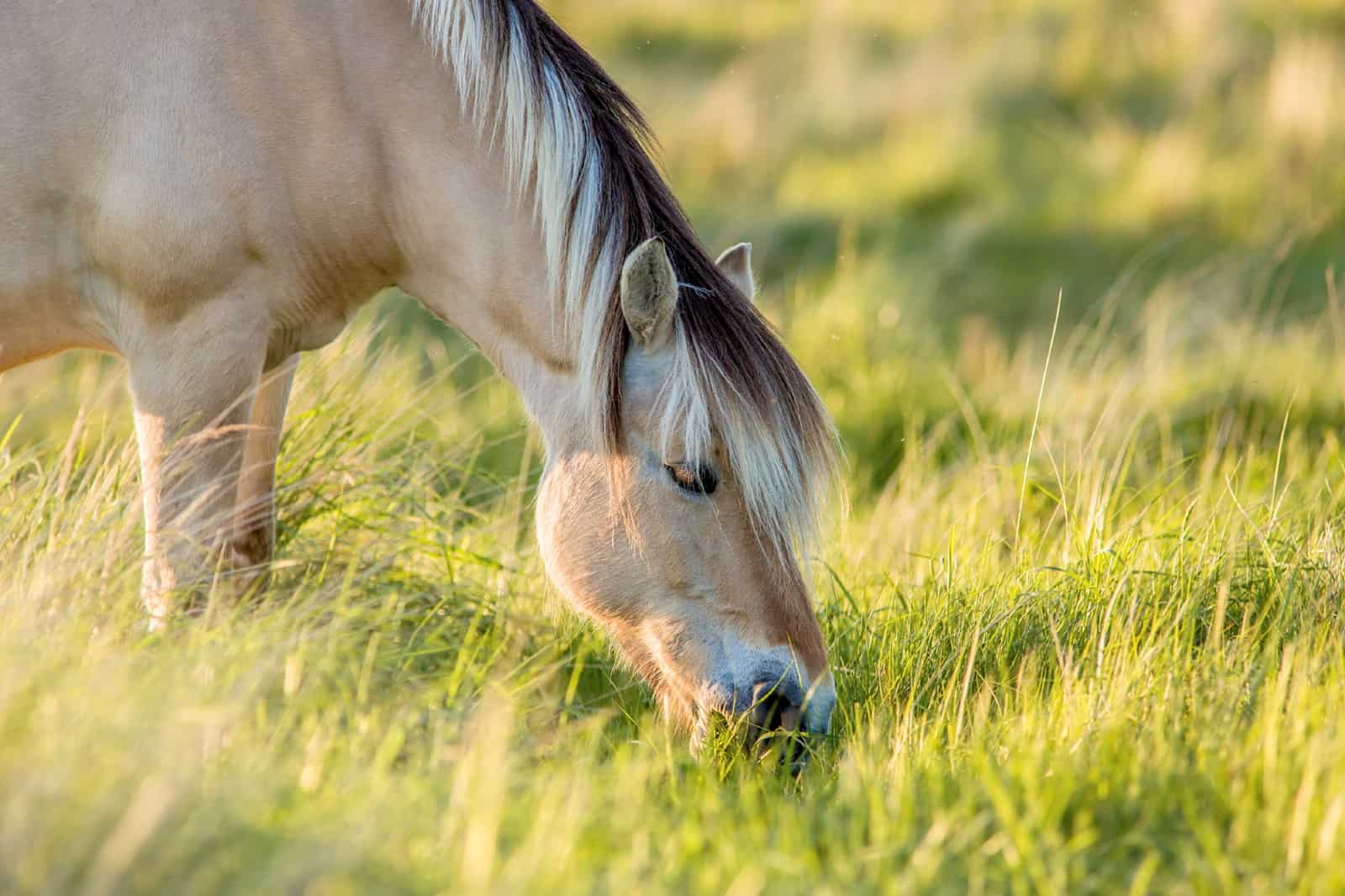
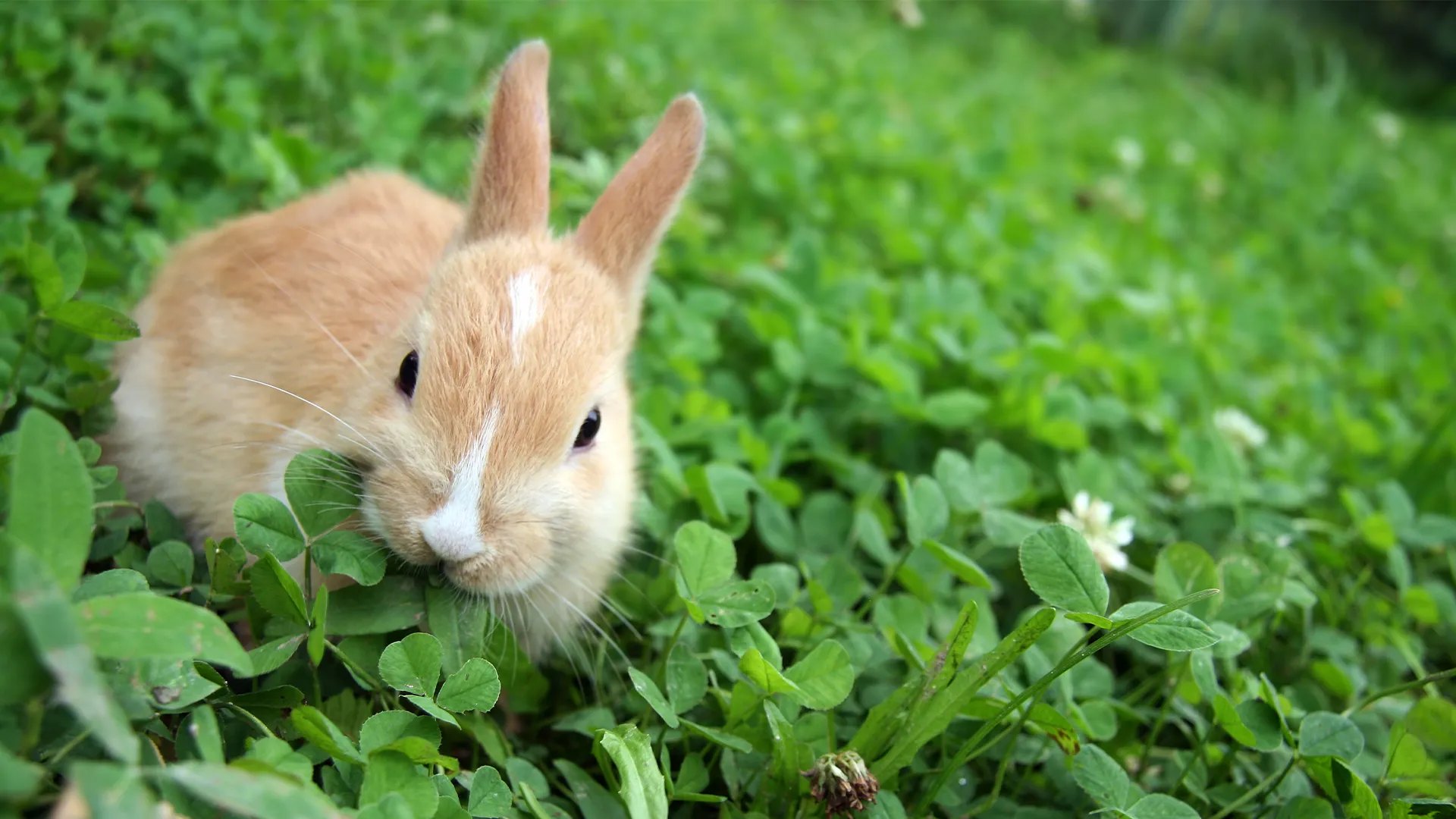
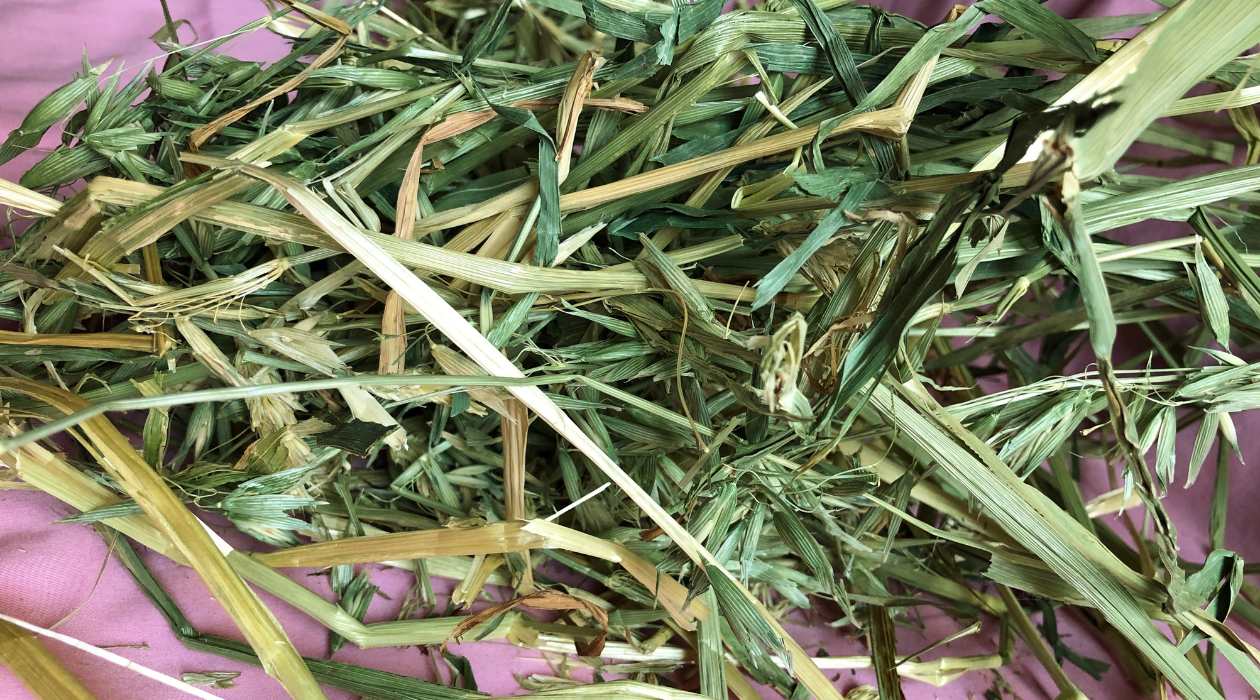
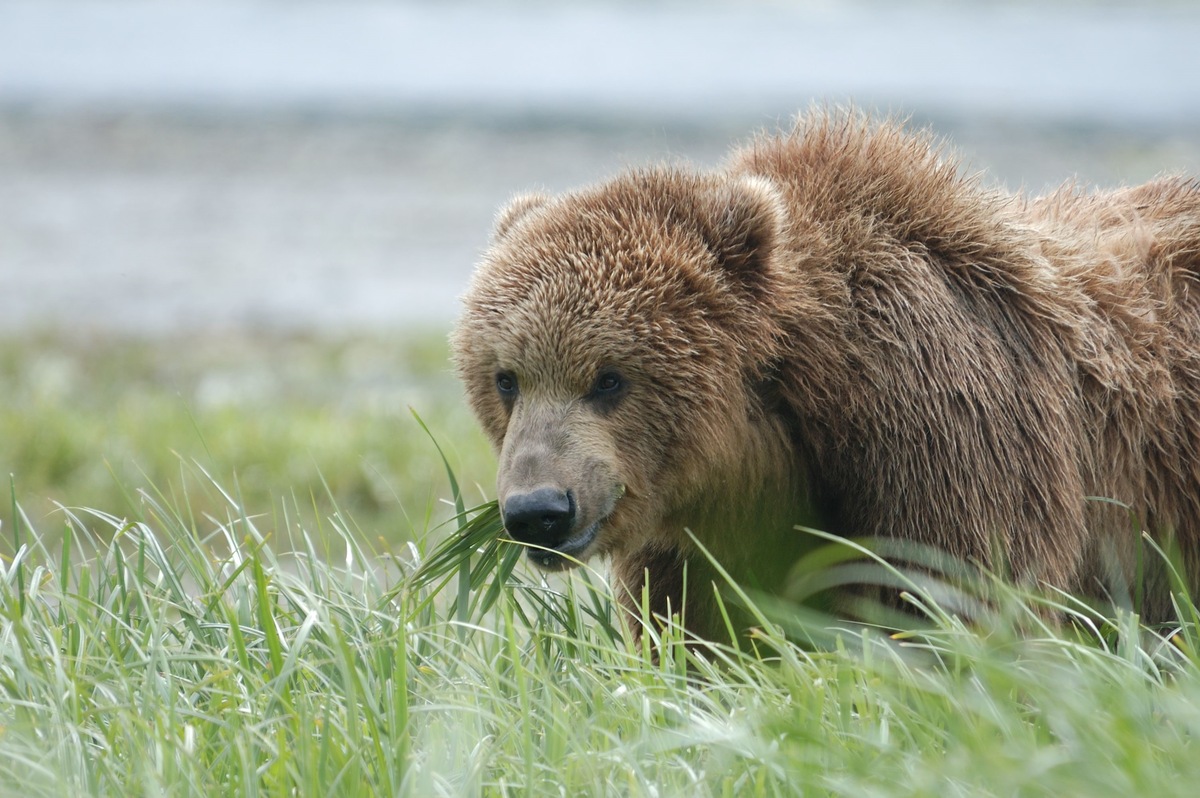
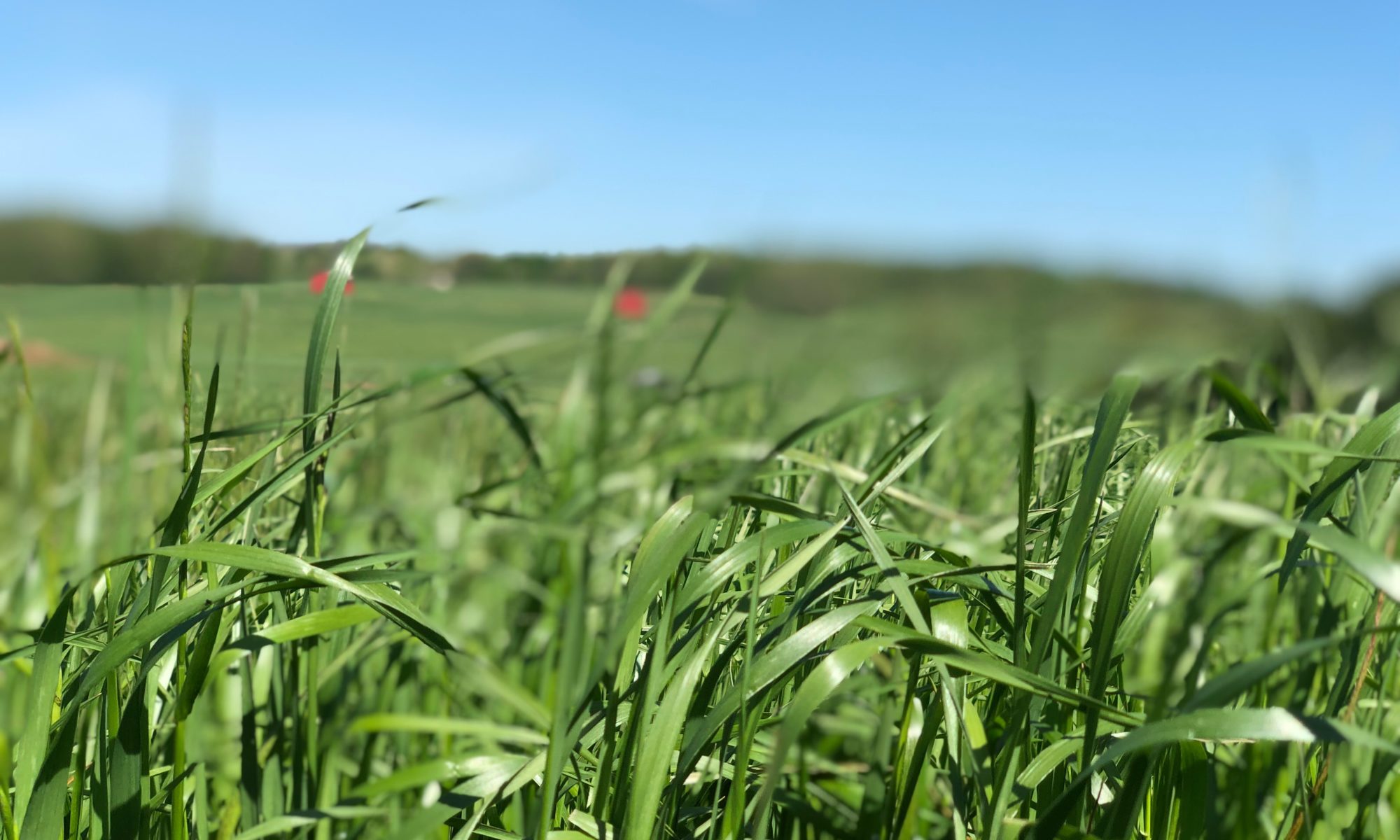
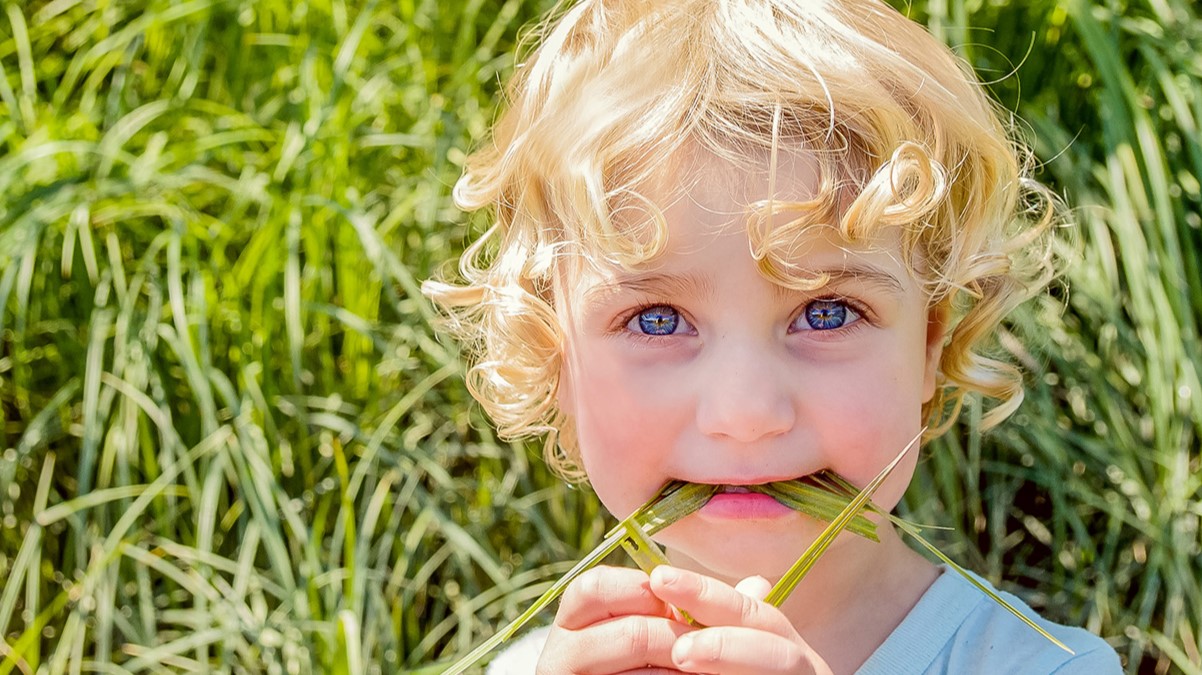
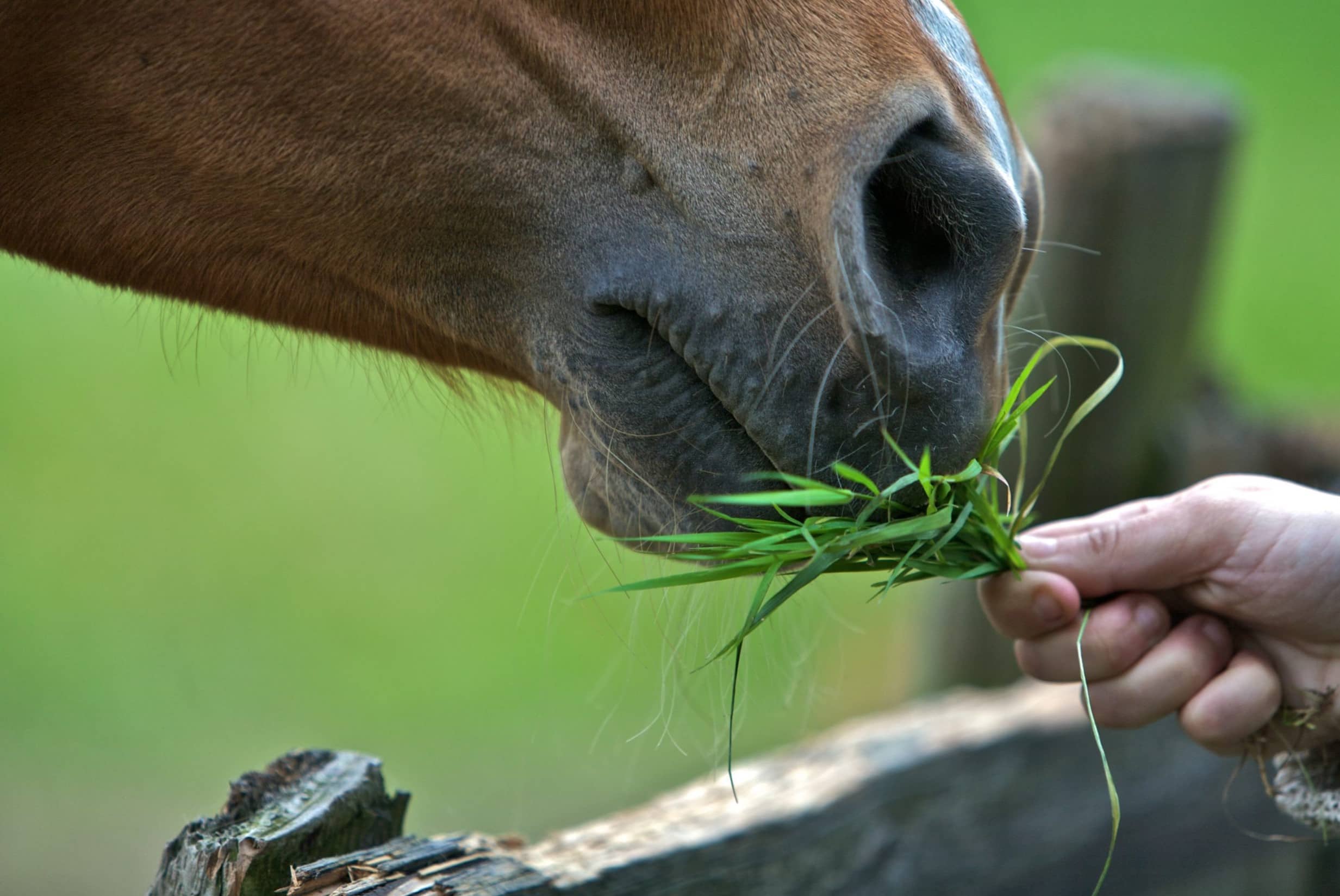
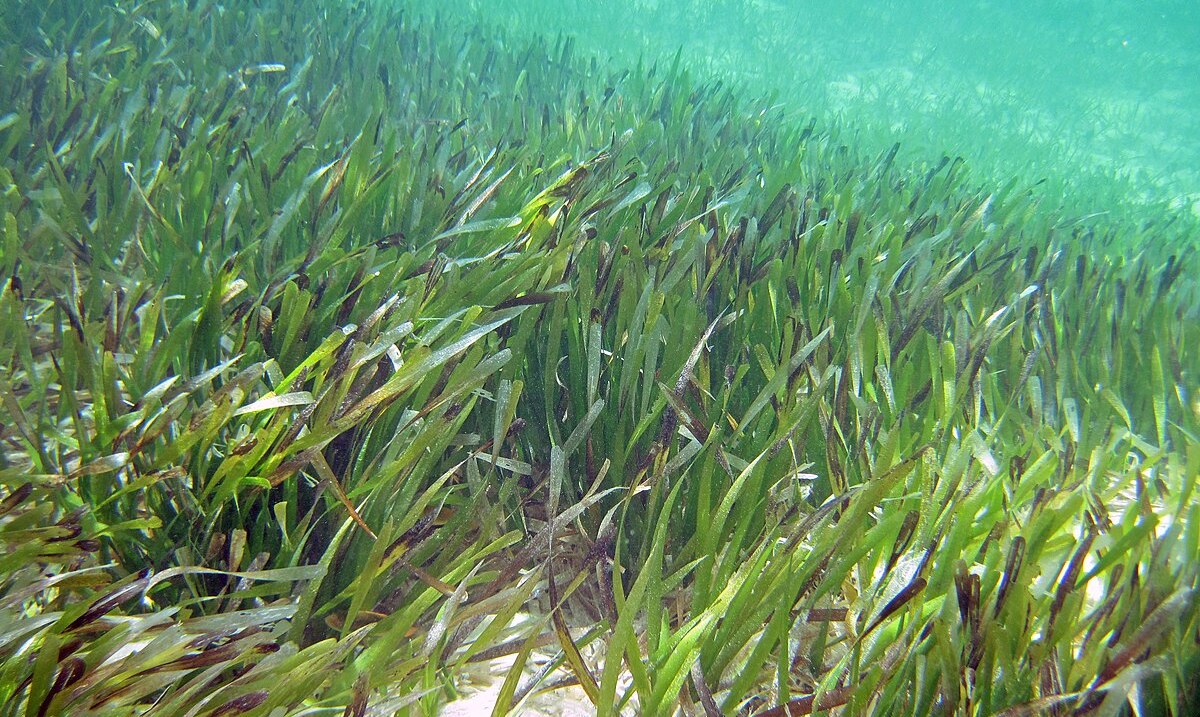
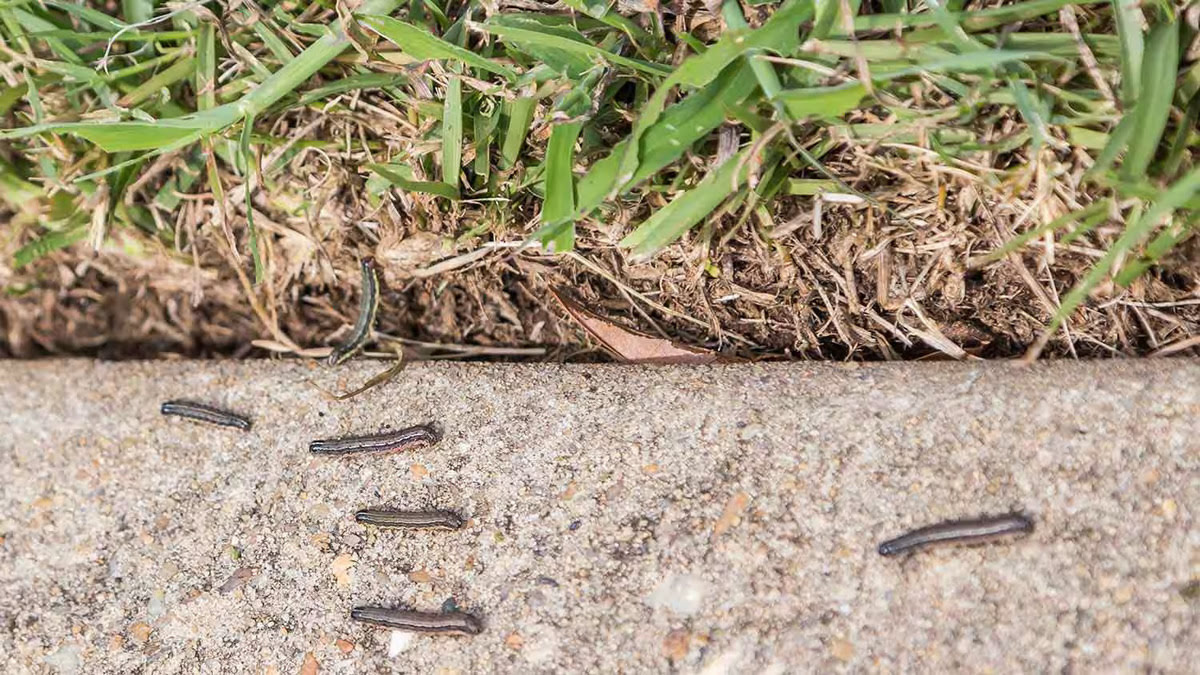
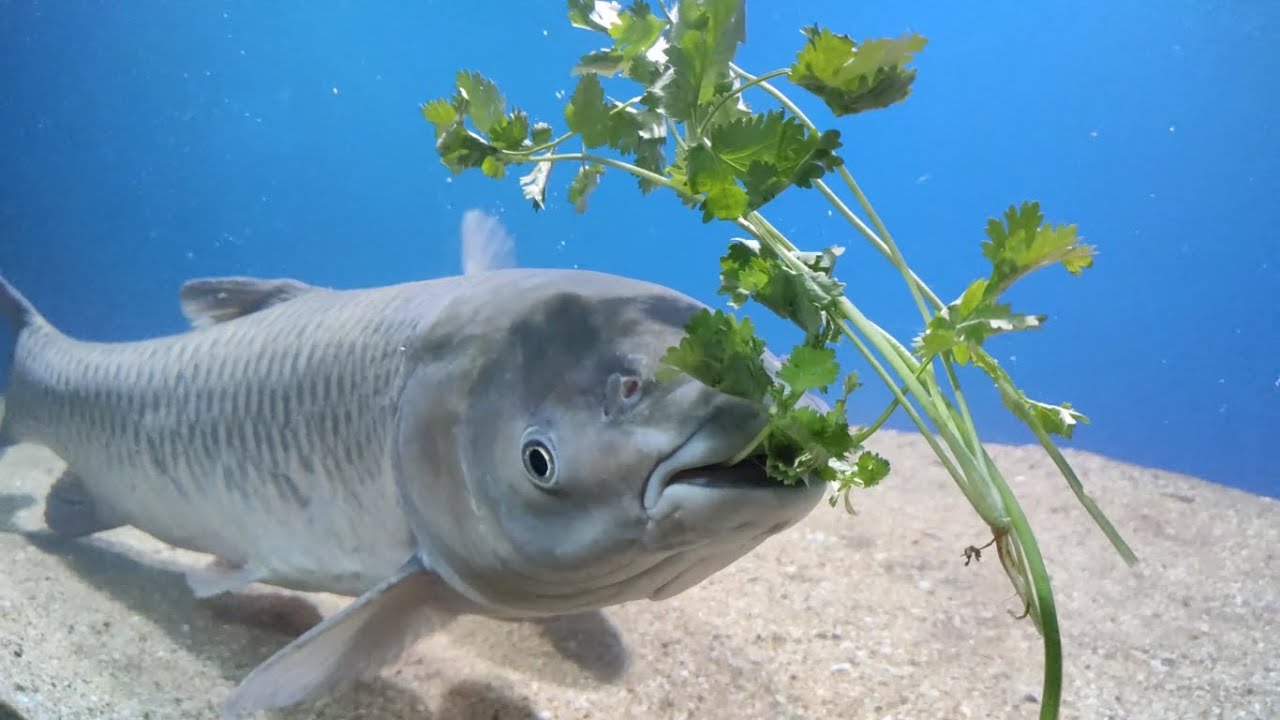
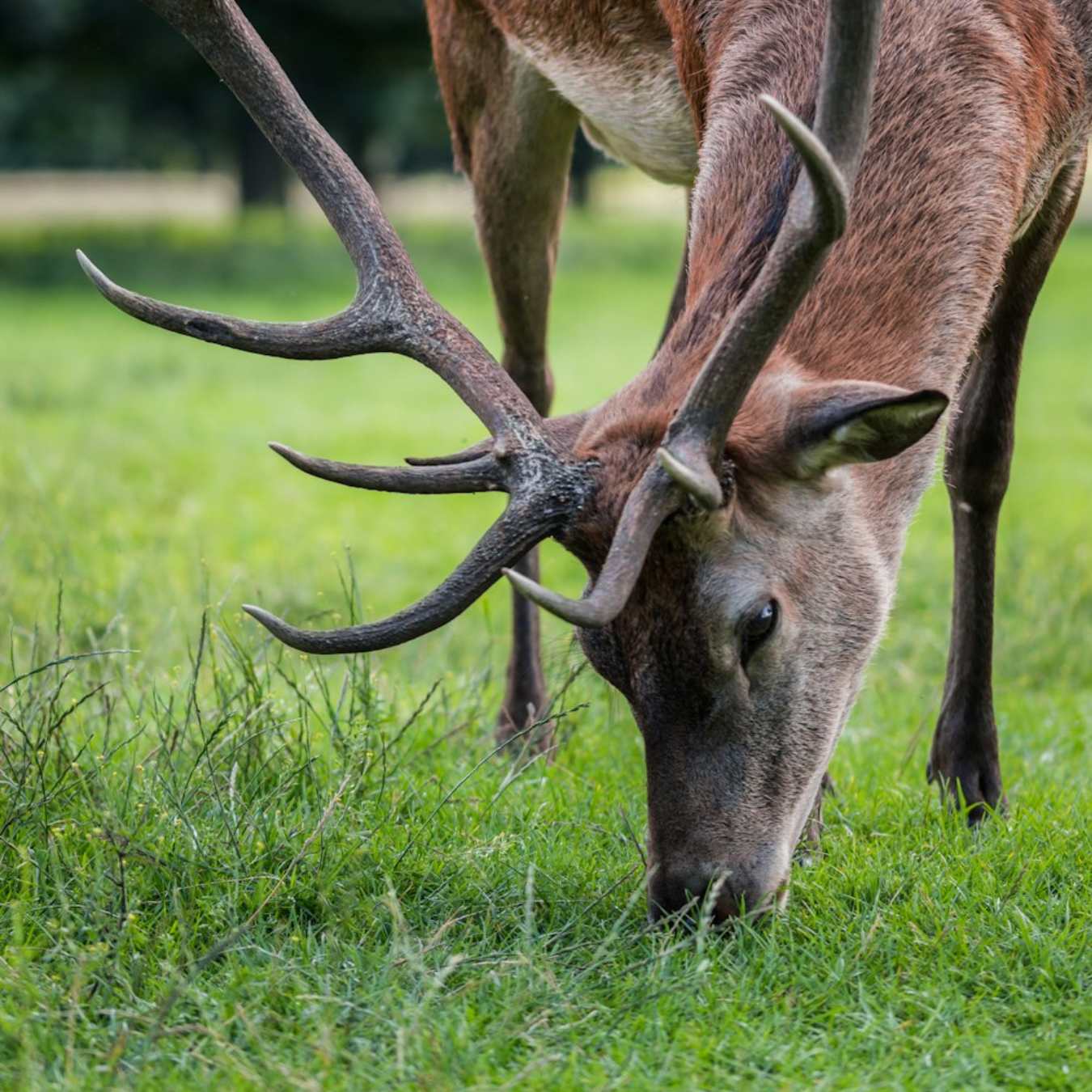

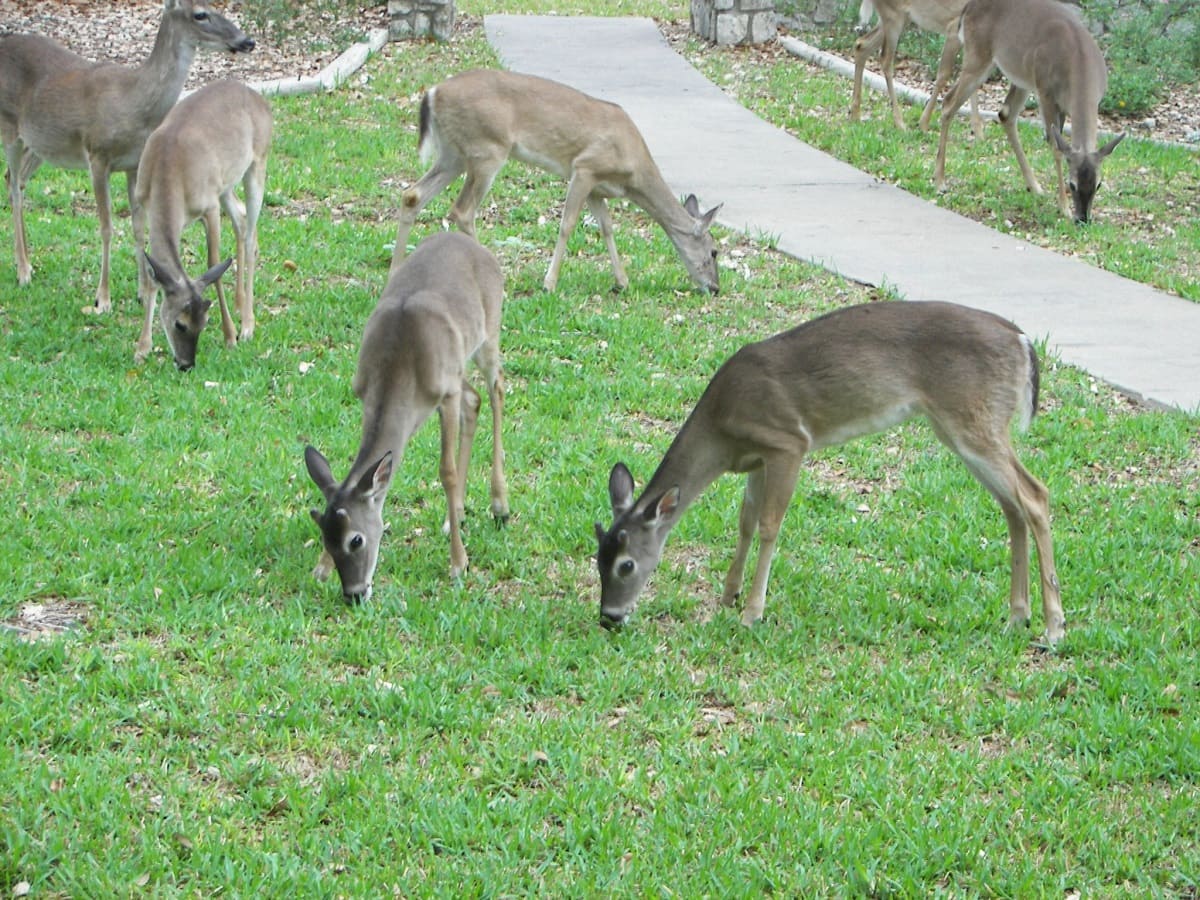

0 thoughts on “What Kind Of Grass Can Rabbits Eat”